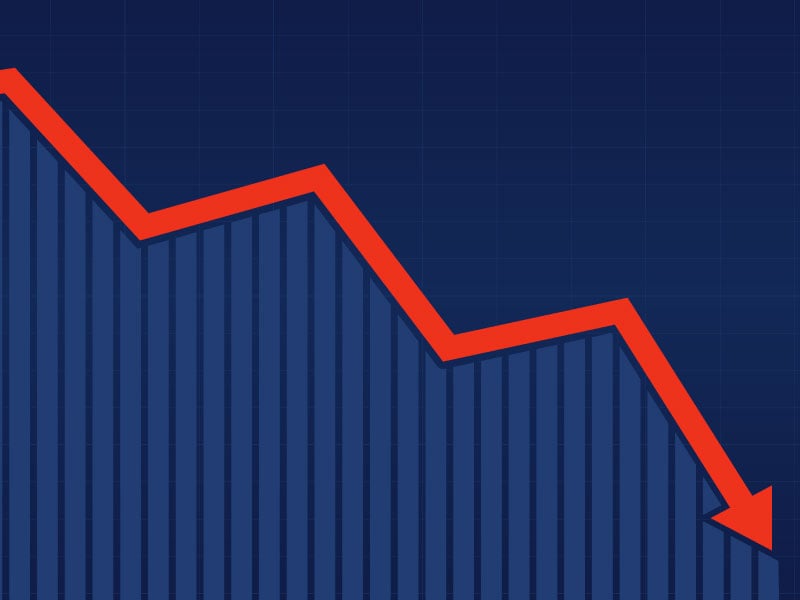
Blood pressure among adults decreased significantly during a 45-year period, according to new research that may offer encouragement for the millions who continue to struggle to control their blood pressure.
The study, published Monday in the American Heart Association journal Circulation, sought to pinpoint the magnitude of blood pressure improvement in the United States between 1960 and 2005.
Researchers looked at rates of control for systolic blood pressure, the top number in a reading that indicates how much pressure blood exerts against artery walls when the heart beats. The study looked at data from 9,459 adults ages 45 and older, most of whom lived in the so-called "stroke belt" region of the Southeast.
It found major decreases in median blood pressure levels across the board, with larger decreases for Black participants compared to white participants. Among Black people ages 45-54, blood pressure dropped 38 mmHg, while their white counterparts saw an 18 mmHg drop. Dramatic shifts were larger at older ages for both groups, with a 45 mmHg drop for those 75 and older.
In addition, the severe blood pressure levels of greater than 200 mmHg reported in 1960 were practically eliminated during the study period. For example, among 65- to 74-year-olds with the highest blood pressure, the levels dropped 63 mmHg for white people and 77 mmHg for Black people – most likely because of aggressive high blood pressure control strategies, said Dr. Daniel Lackland, the study's lead author.
He called the results "a great public health success story."
"This shows we've made great improvements in reducing blood pressures for everybody, at all levels," said Lackland, a professor of epidemiology and neurology at the Medical University of South Carolina in Charleston.
But in recent years, some of those improvements seem to have weakened.
New preliminary research presented in September at the AHA's virtual Hypertension Scientific Sessions showed the percentage of U.S. adults with controlled blood pressure dropped 11% between 2013 and 2018, from 54.5% to 43.4%. All age groups saw an increase in systolic blood pressure of 3-4 mmHg.
Those data, however, used the old definition of high blood pressure: 140/90. High blood pressure is now defined as a reading of 130 or higher systolic, or 80 or higher diastolic (the bottom number). Nearly half of U.S. adults – an estimated 116 million – have high blood pressure, according to AHA statistics.
Lackland said the lessons learned from 1960 to 2005 offer a roadmap for reversing recent setbacks through a combination of drug therapy and lifestyle changes that include getting more exercise and eating a healthy diet low in salt and high in fruits and vegetables.
"We've proven we can lower blood pressure if patients comply. We just need to put our foot back on the pedal and regain our focus. We can't be complacent," he said.
Dr. Sandra Taler, a nephrologist and hypertension specialist at the Mayo Clinic in Rochester, Minnesota, said the study's findings are an important reminder of how far blood pressure treatment has advanced since the mid-20th century.
"There weren't a lot of drugs available in the '60s for treating high blood pressure. Now that we have more tools, the population in general is healthier, but there's still room to do better," said Taler, who was not involved in the research.
"The big message here is that if your blood pressure is not down to the current target (of less than 130 over 80), then you should go in and talk to your provider and say, 'I want to get this controlled.'"
If you have questions or comments about this story, please email [email protected].